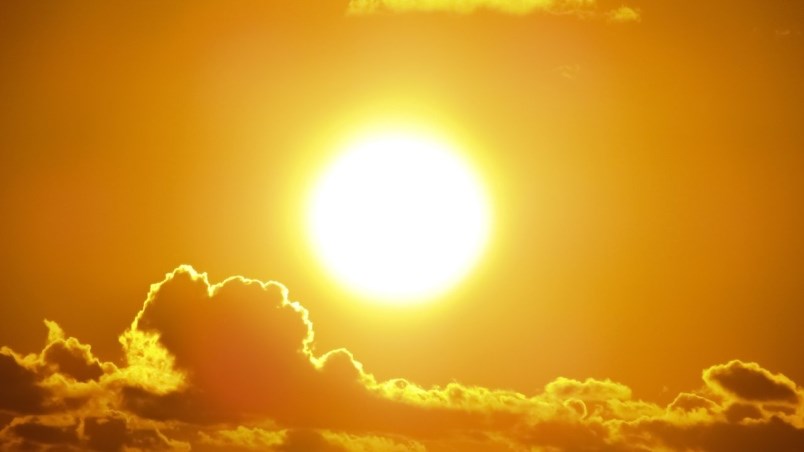On the eve of the summer's third heat wave, two health authorities spanning Metro Â鶹´«Ã½Ó³»and the Fraser Valley are warning residents to take precautions.
On Tuesday, Environment Canada issued a heat warning for several regions across B.C.’s south coast. It's all due to a "strong ridge of high pressure" that began building today.
Humidex values are forecast to push daytime temperatures into the upper 30s, with overnight temperatures hovering between 16 and 19 C.
“These hotter-than-normal temperatures will increase the potential for heat-related illnesses,” says Environment Canada in its warning.
The elevated temperatures are expected to ramp up Wednesday, Aug. 11, and linger until Sunday, Aug. 15.
The warning has been issued for Metro Vancouver, the North Shore, Greater Victoria, Howe Sound, Whistler, the Sunshine Coast, the Southern Gulf Islands, East Â鶹´«Ã½Ó³»Island and Inland Â鶹´«Ã½Ó³»Island.
“Based on previous heat events, the anticipated temperatures are proven to cause negative health outcomes among Lower Mainland residents who may not be acclimatized to temperatures in this range and may not have ready access to adaptations, such as air conditioning,” wrote a public health spokesperson in a joint press release from Fraser and Â鶹´«Ã½Ó³»Coastal Health.
Elevated nighttime temperatures can compound the symptoms of , as the human body has little time to cool down.
Residents in the affected areas are warned to check in on older adults, those with pre-existing conditions and children.
Symptoms of heat stress include “thirst, dizziness, confusion, weakness and fainting or collapsing, including loss of consciousness,” say the health authorities.
Everyone is urged to drink plenty of water, seek out air-conditioned spaces, such as a public library or cooling station, and avoid spending extended periods of time in the sun.
Anyone exhibiting quickly deteriorating symptoms — including chest pain, difficulty breathing or shortness of breath — should call 911 or visit the nearest emergency department.
The record-breaking heat wave that hit B.C. in late June has now been linked to . Climate scientists have since found the one in 1,000-year event was made 150 times for likely due to .



